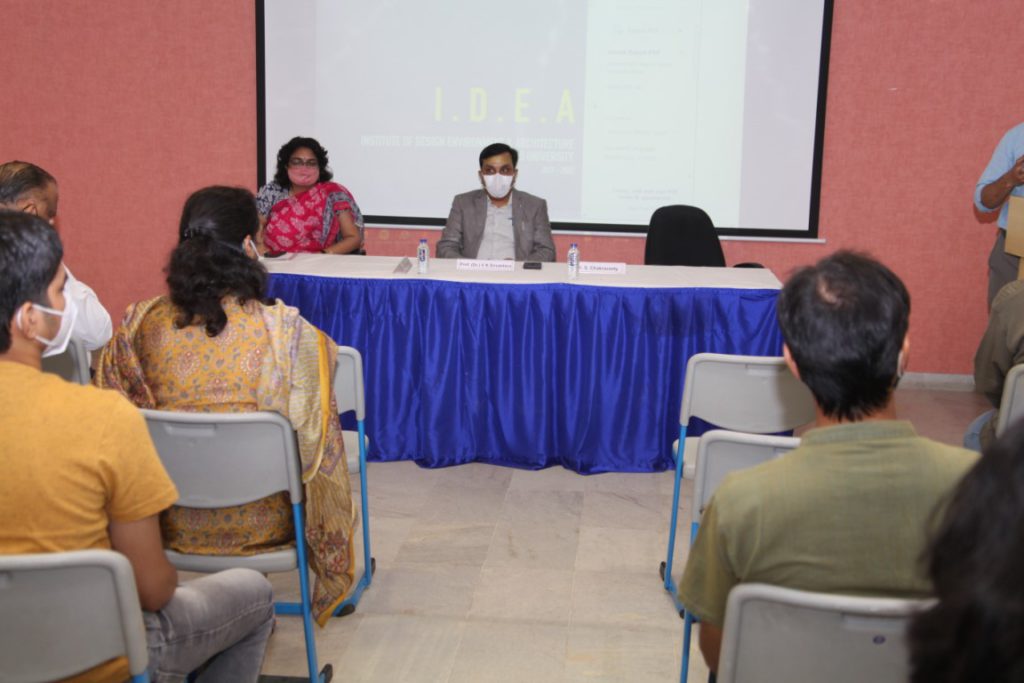
Orientation Program – B Arch
Orientation Program – B Arch 11 November 2021 Previous Next Discover More

About the School
Imparting architecture education at Institute of Design, Environment and Architecture, Indus University is considered to be a two-way process involving both teachers and students. Teachers engage with the students and endeavor towards finding solutions to complex as well as day-to-day problems linked to human habitation. This approach helps make for a more interactive and experimental model of education. Along with a potent team of innovators and collaborators, IDEA has focused on developing new teaching methodologies and redesigning the curriculum of architecture education in general.
Here, we believe in an institution not only being a place to acquire knowledge but in being a place of self-learning as well. We perceive design both as a self-referential discourse as well as spatial abstraction of activity. Students are encouraged to think about architecture in the context of space and time. A research-based hands-on approach is taken where students deal with real life issues of the society so that they develop into well-rounded professionals who can be assets not only to the profession of architecture but to the nation as a whole.
The collaborative studies with various national and international institutions is one of the ways of making our students more and more aware of the global scenarios and thus making them better for the present and enabling them for the future.
We have relished talking and writing about the majesty of the colonial architecture of Bombay or the glitter of Luteyens`s Delhi. But, rarely the common people of India have been the central theme of our imagination and creativity. Largely, the profession has fallen short, on many fronts, of establishing itself as a service which is important for the masses like the that of doctors, lawyers, economists and more and thus its “relevance” in a larger discourse. At IDEA, we believe that one of the bigger challenges for the profession of architecture in general is to establish, before anything else, its relevance in the society as whole rather than only for a specific class of the society.
We have, for a long time, missed out on comprehending the dimension of time. The times have changed, and right now the country is going through an urban crisis. Our cities are going through profound transformations and there is a dramatic change in their demographics. This means that we need to understand the shelters and the neighborhoods more than the villas and the mansions. There are clearly a far bigger number of people below poverty line living in our cities than our villages. On a completely contrasting front,India ranks third largest in the World in the Purchasing Power Parity (PPP) and seventh in the nominal GDP. Also, it is classified as “Newly Industrialized Country” by most of the economists of the world. Our sole objective should thus be to deal with these paradoxes and respond to newly emerging building needs.
Methodology
We look at architecture education as a dialogue involving teachers and students. Teachers engage with the students and endeavour towards finding solutions to complex as well as day-to-day problems linked to human habitation. This approach helps make for a more interactive and experimental model of education. With an on-campus team of instructors and through Coming Soons with other agencies at national and international levels, IDEA has focused on developing new teaching methodologies and redesigning the curriculum of architecture education in general.
Architecture Research cell
A research cell was established at IDEA in 2015 to complement the teaching methodology at IDEA and to specifically focus on all-round development of students with respect to building materials, technology and professional practice. We expose students to the cultural and demographic significance in architecture through Coming Soons with various national and international agencies to enable students to look at architecture from more than just building spaces but from a more socio-cultural perspective.
IDEA Research Cell also serves the purpose of documenting, distilling and compiling the outcomes of such research endeavours and brings out publications from time to time.
IDEA is all about imparting architecture education in the most efficient and fruitful ways. To this end, a module-based system has been devised wherein similar or subjects with interrelated studies are clubbed together to form a module. Only one module is run at a time, through the days and weeks. When the module is over, the next module is picked up. Design Module, the most important of all modules, comes in last, with preceding modules designed in a way that all learning in the previous modules converges into better, more efficient, more thorough outcome.
We have broadly divided the five year programme in two phases. During the first three years, students are encouraged to discover forms, materials and cultural ethos.
The second phase of academic plan aims to help students to synthesize and integrate what they learnt in the school in three years with the current developments and attitudes in the profession.
Our Bachelors in Architecture programme is a one-of-its-kind undergraduate degree programme in the field of architectural education in India.
Module System of Teaching
Instead of a conventional system of teaching where all the subjects run parallel throughout the semester, we follow a module-based teaching system wherein the subjects similar to each other are categorised as one module and other similar ones as another module. Only one module is functional at a time and runs for its stipulated window of days until it is finished and then the next module begins. The design module comes in the end as the most important part of the learning and thus all the preceding modules are designed in a way that they lead to a better outcome in the design module.
At IDEA, our pedagogy is poised between the intellectual, conceptual processes as well as the tacit methods that embody unconscious activities informing the design. Our syllabus for the design studios in ten semesters is premised on a balanced development of the skills of hand-eye-andmind to empower students to think and perform like a professional architect. Other modules like Skill, Design Processes, Technical, and Theory modules are designed in concert with the Design module to further augment it.
The FIVE modules are as follows:
Skill
Design Process
Technical
Theory
Design Studio
The five year Bachelors in Architecture programme is divided into two phases. During the first three years, students are encouraged to discover forms, materials and society; and in the last two they synthesise their learning for a global scenario—progressing gradually, into a professional.
Acts of Discovery
During the first year, we begin by subjecting students to a major disorienting experience in which they unlearn and start reconditioning their mental frames. They start reconsidering notions of design and instilling professional attitude.
During the first three years, students are encouraged to discover forms, materials and cultural ethos. Thus in the first year they primarily explore forms through modules like Architectural Studio, Design Principles and Processes, Humanities, etc. While through Skill modules, they acquire and hone their skills for drawing and model-making, Theory-based modules enhance their mind-eye coordination and refine aesthetic sense. The first year studios initiate students into observing their environs, and observe how people use them for daily activities. They interact with them, sketch, and make three dimensional models individually as well as in a group. Students explore materials and forms by articulating them for light and shadows, human movement, and site contexts to create suitable architectonic experiences. In parallel modules (design principles & practices, humanities) they will study modern art movements and artists (Constructivism, Mondrian, Purism, etc.), media (collage, montage, etc.) and theoretical constructs (chiaroscuro, transparency, etc.).
Acts of Synthesis
The second phase of academic plan aims to help students to synthesise and integrate what they learnt in the school in three years with the current developments and attitudes in the profession. With the completion of this phase students develop not only the analytical ability to explore and understand design issues, they are also ready to synthesise them in a creative manner to address concerns beyond those of the local contexts and prepared to collaborate with other professionals.
Without a future, there is no purpose in human action. Till now we have perceived future as conservative extrapolation of the past. This “the-futurelike-the past” attitude gives us a cramped up understanding of the future. We have figured out that the discourse and debate on future has been a rarity in our field. We try to counter this situation in following ways.
Collaborative Programs
We have figured that the progressive environment when students and faculties get together can only be bettered by having our students interact with professionals in the field and other students and faculties from other universities.
In order to create future-ready and a more relevant breed of young architects, the architecture education has to open its boundaries for other sciences, which matter profoundly for a better built and living environment. The curriculum needs to focus on a more contextual approach, which involves an understanding of social sciences as well as economics. By doing so, we will be able to create an awareness which is flexible as well as introspective. At IDEA, we put forward a principle stance in support of collaborative innovation, creative freedom and future relevance. To this effect, we designed “Collaborative Programs” which work in the following ways:
• Shared Resources
• Shared Experiences
• Collective Enrichment
These programs help bolster students’ holistic development, in line with the Indus philosophy of making competitive, adaptive professionals with problem-solving abilities and wisdom of context and consideration of society and environment.
Through Coming Soon with other universities and agencies for teaming up with students and facilities, students are brought out of their comfort zone and they get hands-on experience with materials, artisans, other professionals and peers working in the same domain and are able to understand the larger picture that exists around any built-form. They are able to better understand the context, the conception, the process of implementation and the resultant consequence of the built-form on individual and their environment.
Module-based Teaching System
IDEA is all about imparting architecture education in the most efficient and fruitful ways. To this end, a module-based system has been devised wherein similar or subjects with interrelated studies are clubbed together to form a module. Only one module is run at a time, through the days and weeks. When the module is over, the next module is picked up. Design Module, the most important of all modules, comes in last, with preceding modules designed in a way that all learning in the previous modules converges into better, more efficient, more thorough outcome. Module system is further described through the next pages.
We have broadly divided the five year programme in two phases. During the first three years, students are encouraged to discover forms, materials and cultural ethos. Thus in the first year they primarily explore forms through modules like Architectural Studio, Design Principles and Processes, Humanities, etc. While through Skill modules, they acquire and hone their skills for drawing and model-making, Theory-based modules enhance their mind-eye coordination and refine aesthetic sense. The first year studios initiate students into observing their environs, and observe how people use them for daily activities. They interact with them, sketch, and make three dimensional models individually as well as in a group. Students explore materials and forms by articulating them for light and shadows, human movement, and site contexts to create suitable architectonic experiences. In parallel modules (design principles & practices, humanities) they will study modern art movements and artists (Constructivism, Mondrian, Purism, etc.), media (collage, montage, etc.) and theoretical constructs (chiaroscuro, transparency, etc.).
The second phase of academic plan aims to help students to synthesize and integrate what they learnt in the school in three years with the current developments and attitudes in the profession. With the completion of this phase students develop not only the analytical ability to explore and understand design issues, they are also ready to synthesize them in a creative manner to address concerns beyond those of local contexts and are prepared to collaborate with other professionals.
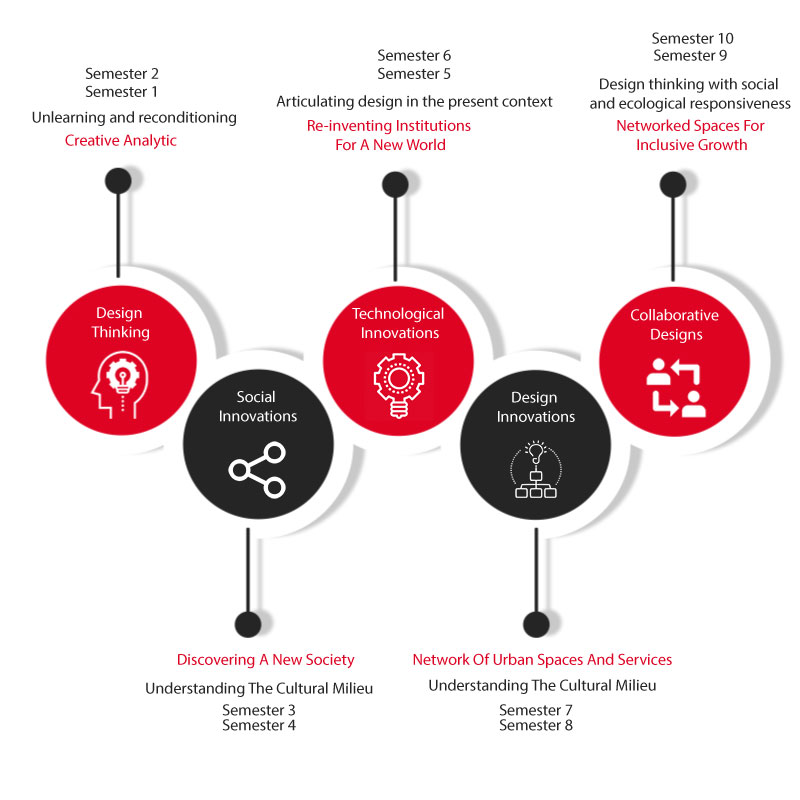
At IDEA we strive to create an environment of learning through discussions, peer reviews, juries etc. The aim of such processes is to communicate as well as understand the methodologies that everyone adapts to in a process.
Exhibitions that we conduct try to accentuate and display the same idea. It gives students a platform to display their own work as well as to understand works of others. Yearly, we conduct around six to seven exhibitions of student’s works as well as invite architects and academicians to exhibit their works supported by seminars and lectures.
Normally we have student exhibition for skill module and studios. After the completion of every collaborative program or relative studies, Students display the outcome through mediums of drawings, movies, models etc. This gives a common platform for all to come together and discuss contemporary issues of architecture.
At IDEA we have a designated team of students to work on implementation of these exhibitions and have a defined space where they are conducted.

Orientation Program – B Arch 11 November 2021 Previous Next Discover More
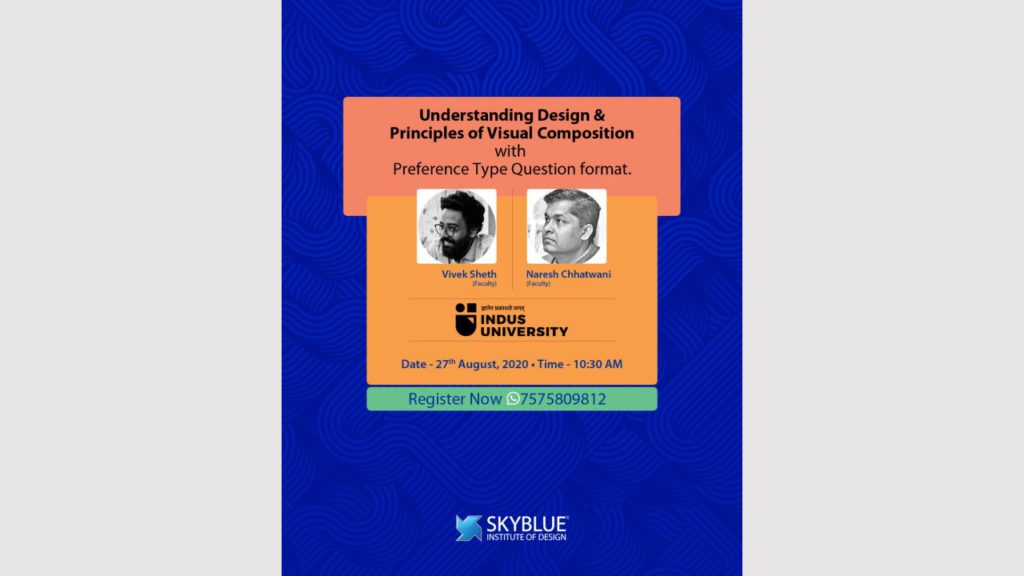
Webinar on Understanding Design & Principles of Visual Composition with Preference Type Question (PTQ) format 27 August 2020 Previous Next Webinar on Master class on
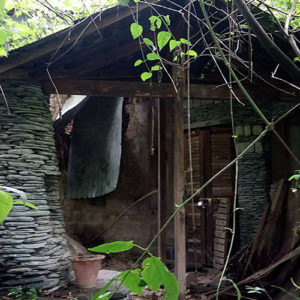
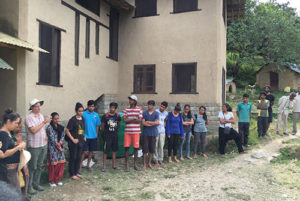
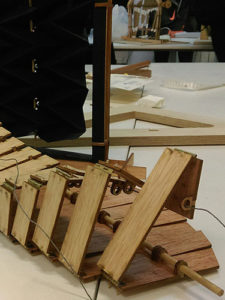
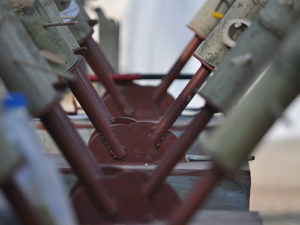
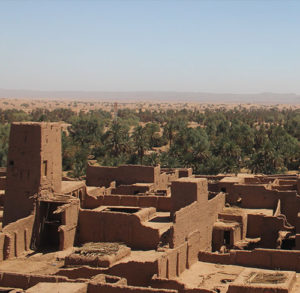
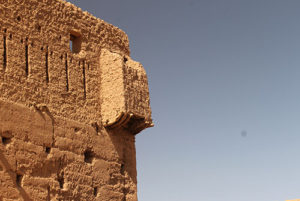
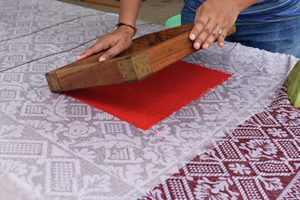
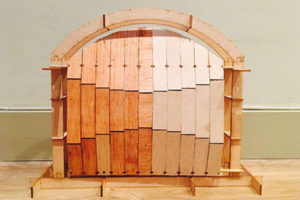
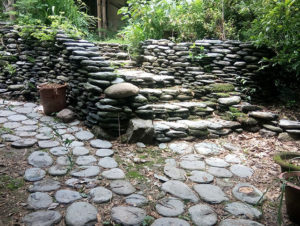
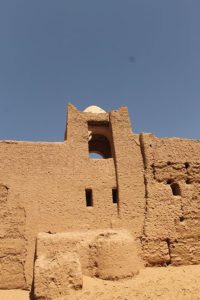
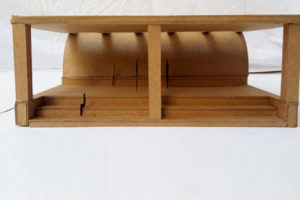
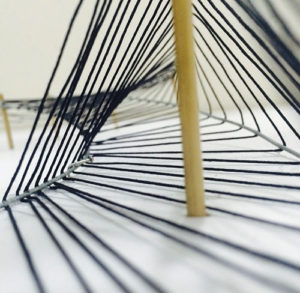
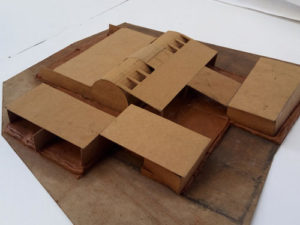
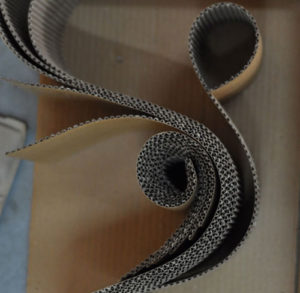
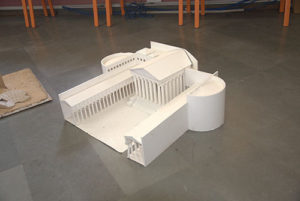
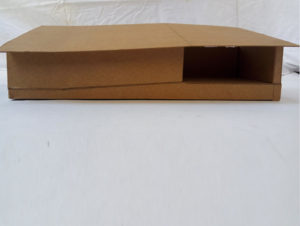
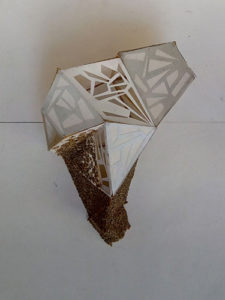
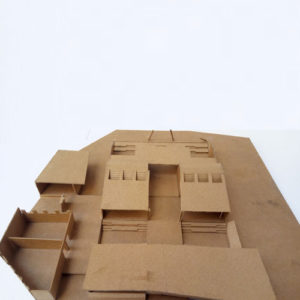
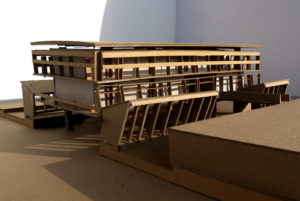
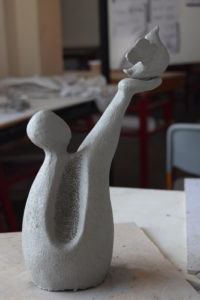
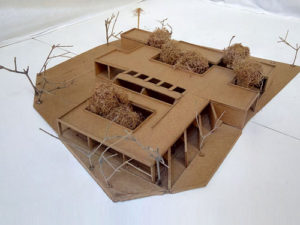
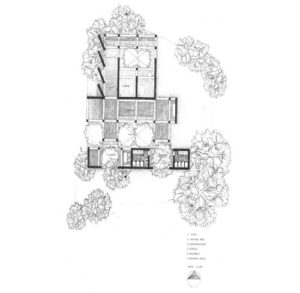
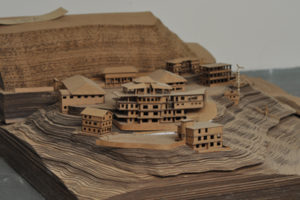
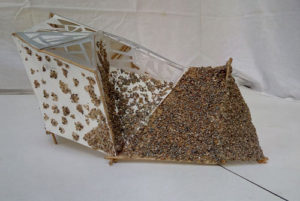
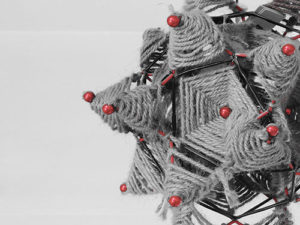
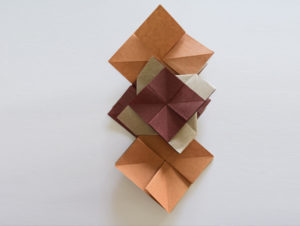
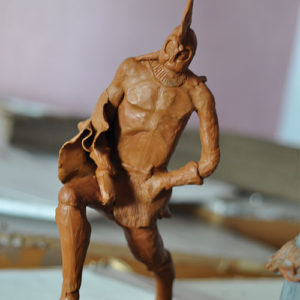
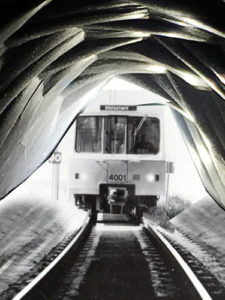
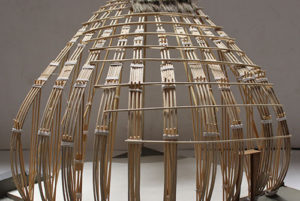
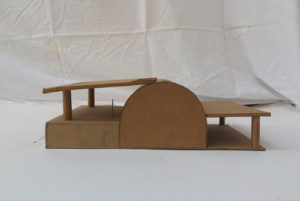
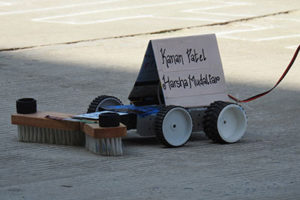
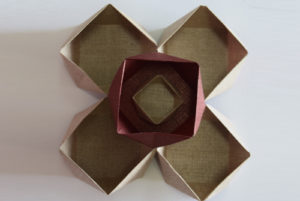
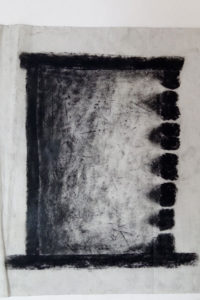
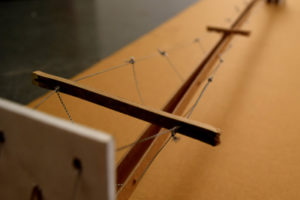
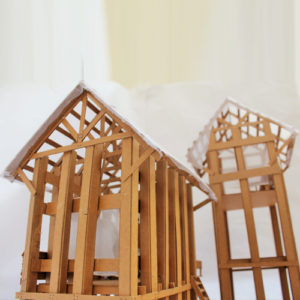
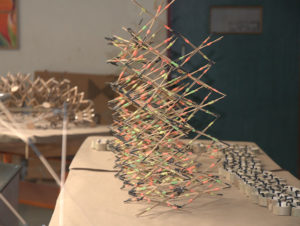
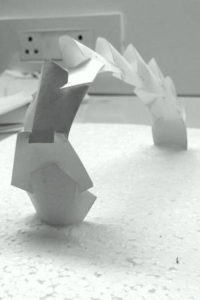
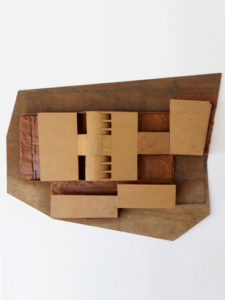
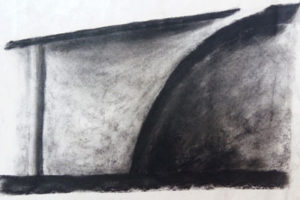
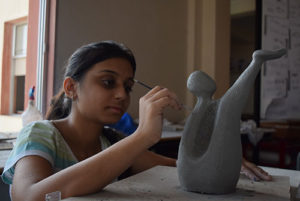
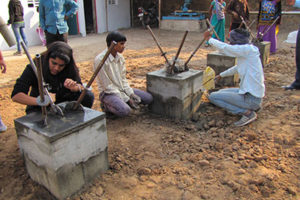
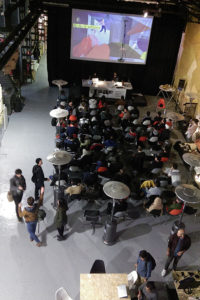
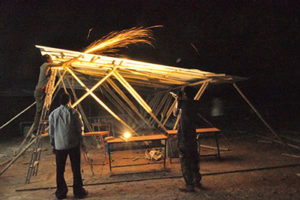
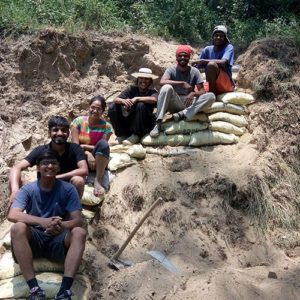
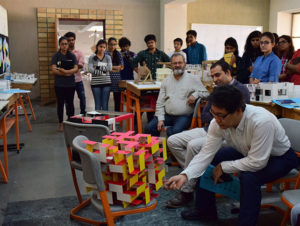
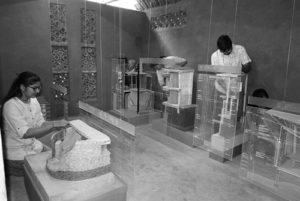
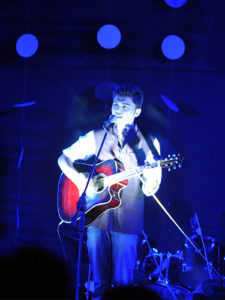
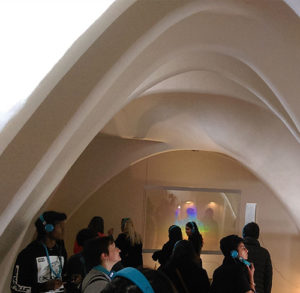
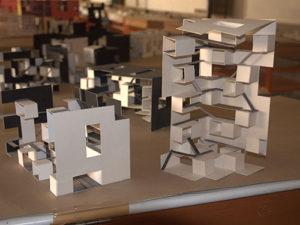
For Admission Contact
Engineering +91 9909963221
Management +91 9924202777
Architecture +91 9909963221
Design +91 7622007501 / +91 8511132234
Science & Liberal Studies +91 9825865103
Computer Application +91 7622007507
Aviation +91 7227 037781
Indus University
Rancharda, Via: Shilaj,
Ahmedabad – 382 115.
Gujarat, INDIA.
Telephone: +91 2764 260277 / 78 / 79
Mobile : +91 9909963221 +918511132237
E-mail: info@indusuni.ac.in

Indus University
Rancharda, Via: Shilaj,
Ahmedabad - 382 115.
Gujarat, INDIA.
Telephone: +91 2764 260277 / 78 / 79
Mobile : +91 9099944241 / 42
E-mail: info@indusuni.ac.in